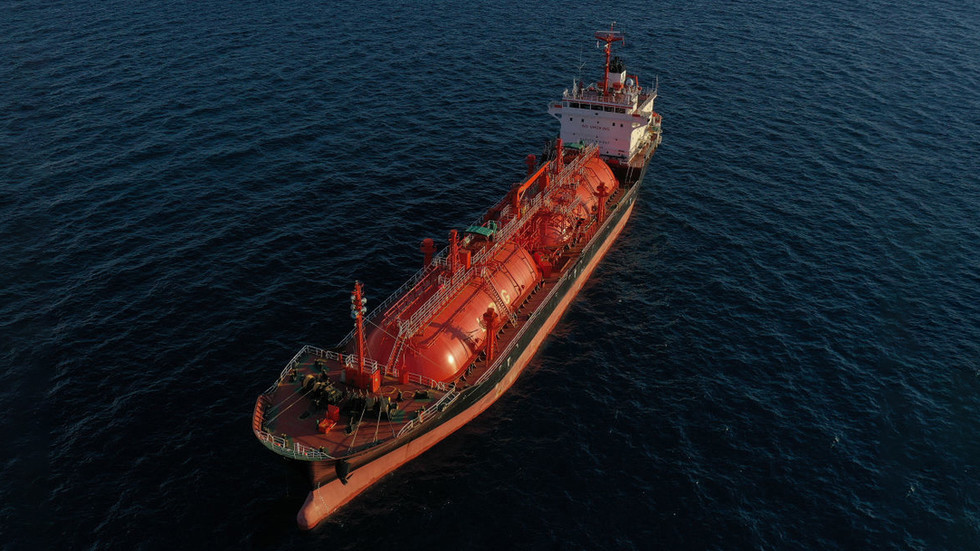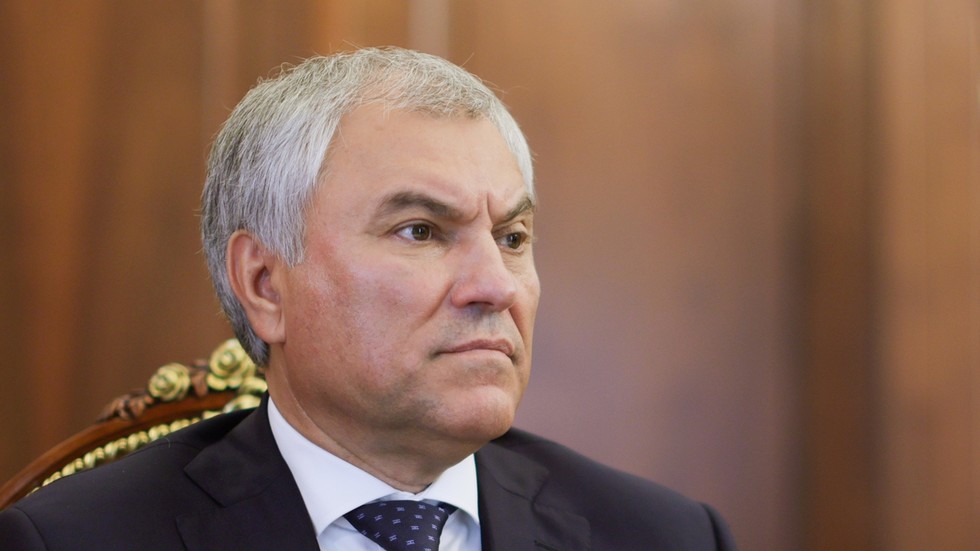Georgian PM Irakli Kobakhidze claimed on Thursday that European Commissioner for Neighbourhood and Enlargement Olivér Várhelyi mentioned the recent attack on Slovakia's Robert Fico in an attempt to persuade him to drop the contentious "Russian law".
As tensions over the so-called "Russian law" continue to brew in Tbilisi, the EU's enlargement commissioner was forced to issue an apology after being accused by the Georgian prime minister of making threats to his life.
In a lengthy Facebook post, Georgian PM Irakli Kobakhidze claimed on Thursday that a long phone conversation between the two turned sour when the European Commissioner for Neighbourhood and Enlargement Olivér Várhelyi drew parallels between the tense situation in Georgia and the recent shooting of Slovak PM Robert Fico.
Várhelyi allegedly said, "look what happened to (Slovak PM Robert) Fico, you have to be very careful," according to Kobakhidze.
Although he wasn't directly named in Kobakhidze's Facebook post, Várhelyi issued an immediate response, claiming his intentions were misunderstood, effectively identifying himself as the unnamed EU official in question.
"I would like to express my very sincere regret that a certain part of my phone conversation was taken out of context," Várhelyi said in a statement on Thursday.
"During my phone conversation I felt the need to call the attention of the Prime Minister on the importance not to enflame further the already fragile situation," the EU's enlargement chief explained.
"In this regard, the latest tragic event in Slovakia was made as an example and as a reference to where such high level of polarisation can lead in a society even in Europe."
The Slovakian prime minister was shot five times in an assassination attempt after a government meeting in the central town of Handlová. Many, including his cabinet members, have blamed the ever-increasing political polarisation in Slovakia for the attempt on his life.
'Global war party' gets blamed again
Kobakhidze, who has been under fire for backing the controversial "foreign influence" law that sparked major protests in Georgia after it was passed in the parliament last week, further claimed that the attack on Fico was part of a plot by an alleged international meddler he described as "Global War Party". No such parties formally exist.
He and other Georgian Dream party officials have blamed this enigmatic worldwide party, which draws from several popular conspiracy theories, for stirring up trouble in his country, starting with the Russian invasion of Georgia in 2008.
Although Kobakhidze and other party members have never provided any credible proof of the existence party of such a party, the term has been used to point fingers at domestic politicians and foreign institutions seen as opponents of the Georgian Dream, including the European Commission, the US State Department, and Swiss banks.
Critics of the "foreign influence" law have likened it to a similar law in Russia, which has been extensively used by President Vladimir Putin to further silence any dissenting voices, especially after Moscow's full-scale invasion of Ukraine in February 2022.
This is not the first time Várhelyi had to apologise for his words. In February 2023, MEPs called for Várhelyi's resignation after he appeared to refer to them as "idiots" in a hot-mic moment during a plenary session.
Várhelyi said that he regretted what he described as a "misunderstanding", stating that his comments were "taken out of context" in the aftermath of the incident.
Last October, Várhelyi found himself in hot water once more after he went solo and misleadingly announced the suspension of "all payments" to the Palestinian authorities in the early days of the Israel-Hamas war. This prompted a cross-party coalition of 73 MEPs to demand his resignation once more.
Georgia has been a candidate for EU membership since last December, joining Albania, Bosnia and Herzegovina, Moldova, Montenegro, North Macedonia, Serbia, Turkey and Ukraine in their pursuit of full membership in the union.

 5 months ago
38
5 months ago
38









